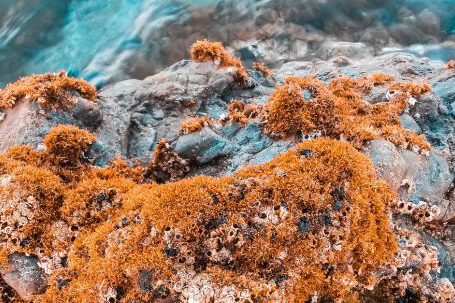Water is a fundamental ingredient for life as we know it. It is essential for the existence and development of living organisms. So, the question arises: Is there water on other planets? In this article, we will explore the possibility of water existing beyond Earth and the implications it has for the potential of extraterrestrial life.
The Search for Water in the Solar System
Water is abundant on Earth, with its vast oceans and freshwater sources. But what about other planets in our solar system? Scientists have been on a quest to find water beyond our home planet for decades. They have sent numerous spacecraft and probes to explore the neighboring planets and moons in search of this precious resource.
The Martian Mystery
The red planet, Mars, has long been a focal point of scientific curiosity regarding the existence of water. Over the years, various missions to Mars have provided evidence of the presence of water in its past. Images of ancient riverbeds and dried-up lake beds suggest that liquid water once flowed on the Martian surface.
In recent years, more compelling evidence has emerged. In 2015, NASA announced the discovery of liquid water on Mars. Dark streaks known as “recurring slope lineae” were observed on the planet’s surface, indicating the seasonal flow of briny water. This discovery has fueled further exploration and speculation about the potential for life on Mars.
Beyond Mars: The Moons of Saturn and Jupiter
While Mars has been the primary focus of the search for extraterrestrial water, other celestial bodies have also come under scrutiny. The moons of Saturn and Jupiter, particularly Enceladus and Europa, have shown promising signs of harboring water.
Enceladus, a moon of Saturn, has geysers that spew water vapor and icy particles into space. These geysers are believed to originate from a subsurface ocean beneath the moon’s icy crust. The Cassini spacecraft, in its mission to study Saturn, made several flybys of Enceladus and detected complex organic molecules, further strengthening the case for the moon’s potential habitability.
Europa, one of Jupiter’s moons, has long been a subject of fascination for scientists. Its icy surface hints at the presence of a vast ocean beneath. The Galileo mission provided strong evidence of a subsurface ocean on Europa, and future missions are being planned to explore this intriguing moon in more detail.
Implications for Extraterrestrial Life
The existence of water on other planets and moons has profound implications for the search for extraterrestrial life. Water is considered a crucial ingredient for life as we know it, and its presence increases the likelihood of finding organisms or signs of past life elsewhere in the universe.
The discovery of liquid water on Mars and the potential subsurface oceans on Enceladus and Europa have opened up new possibilities for the existence of life beyond Earth. These findings have sparked excitement among scientists and have prompted further exploration and missions to study these celestial bodies more closely.
The Search Continues
While significant progress has been made in the search for extraterrestrial water, many questions still remain unanswered. How much water is present beyond Earth? Is it in a form that can support life? These are some of the questions that continue to drive scientific exploration and research.
In conclusion, the search for water on other planets has yielded fascinating discoveries and raised intriguing possibilities for the existence of extraterrestrial life. The presence of water, whether in liquid or frozen form, is a crucial factor in determining a planet or moon’s potential habitability. As our understanding of the universe expands, so does our quest to uncover the mysteries of water on other planets.





